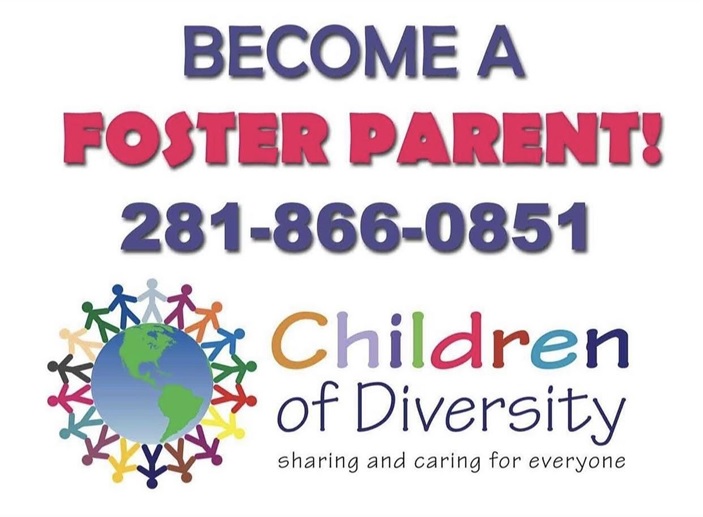4 Suggestions for Reaching Out to Estranged Family

No family is perfect so it’s not uncommon for a family to be estranged – where one or more members of a family have become emotionally disconnected or distant from one another. Estrangement happens for a lot of different reasons; differences in values or beliefs, addiction, mental health issues, abuse.
Estrangement is typically a painful experience for everyone involved, leaving long-lasting emotional effects. Thus, in cases where estrangement is not necessary for the well-being and safety of one or more family members, it’s a good idea to reach out.
Here are some tips for trying to bridge the gap.
Try a Heartfelt Letter or Email
There are many benefits to writing down your words. For one thing, it’s often easier than saying them out loud.
That’s why a heartfelt letter or email can be an effective way to reconnect with estranged family members. For the best results, write one that’s respectful, empathetic, and honest. Avoid blame, criticism, or defensiveness, and instead, talk about your desire to mend the relationship and move forward in a positive direction.
Keep in mind that if you’re primarily to blame for the estrangement, it’s a good idea to include an apology. Apologizing shows that you take responsibility for your actions and you’re opening the lines of communication as a way to create a space for forgiveness.
Reach Out With a Thoughtful Gesture
Some people prefer actions over words. If this includes your family, why not reach out with a thoughtful gesture instead?
Think about something that would be meaningful to them. Depending on who your family is, this could be something as simple as signing them up for a grocery subscription service, or something more involved like working with an interior designer to redecorate their home for example.
A big family with plenty of mouths to feed will likely appreciate the former while a family that hosts a lot may prefer the latter.
Seek the Help of a Mediator
Seeking the help of a mediator is not as drastic as it may sound. Hiring a mediator is a good idea if you simply feel like the presence of a third party will help things.
For example, if there are deep-seated issues that may trigger fighting, a mediator is a neutral third party who can help to facilitate a peaceful conversation between you and your estranged family member. This is because it’s their job to help parties to express concerns, listen to each other’s perspectives, and work towards finding common ground.
Be Patient
Reconnecting with estranged family members can be a long and challenging process for different reasons. For example, family dynamics can change.
So don’t expect immediate responses or instant reconciliation. You want to respect boundaries and be prepared to give them time to consider your offer of reconciliation. Otherwise, rushing into things can undermine the whole process because it will likely cause a lot of confusion and stress for all parties involved.
Trying to reconnect with your estranged family is a daunting task but by starting with a heartfelt letter, reaching out with a gesture, hiring a mediator, and being patient, you can help make the process less so.



